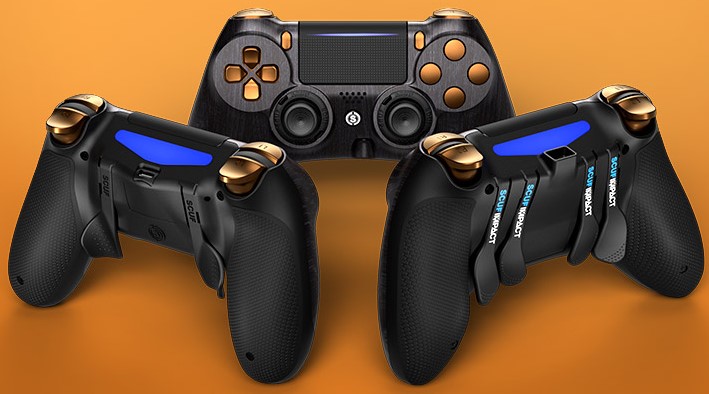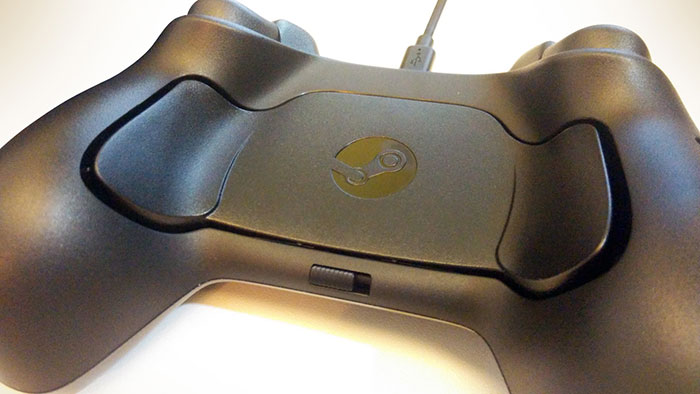- Valve’s Steam controller used patented technology owned by a Corsair subsidiary.
- The same tech was sold to Microsoft for $6 million, but Valve just copied what they needed and ignored the warnings.
- The legal case will continue, as the patent owner wants to prove the infringement was willful.
Valve’s Steam Controller is apparently infringing Corsair’s patent, and according to a U.S. Court order, the former will have to pay a compensation of $4 million to the latter. As the jury ruled, the implementation of back paddles on the controller is very similar to how Corsair is doing it on its ‘Scuf’ controllers – a special sub-brand that creates highly-customized ultrahigh-quality controllers for all gaming platforms (Xbox, Play Station, PC).
The patents for the particular back paddle design belong to Corsair’s subsidiaries, Scuf Gaming and Ironburg Inventions Ltd., who made a total of seven infringement complaints against Valve. The jury leaned in favor of all of them and awarded $4 million for Ironburg’s patent number 8,641,525. More damages may be awarded, as the jury’s recent verdict is only the first step in the case.
Valve’s Steam Controller was released back in 2015 and was pulled from the market in 2019. The controller was praised for being very comfortable and for helping gamers reach amazing levels of precision. Combined with a relatively low cost and the fact that it could be used with anything, the controller was selling like crazy, but Valve ceased production nonetheless. The reasons behind this seemingly inexplicable decision now become crystal clear.
In fact, Ironburg warned Valve before, but the games development and distribution firm disregarded the messages coming from the small hardware gaming tech innovator. The lawyer of Ironburg told jurors that:
Considering that Ironburg sold the rights to use this specific design to Microsoft for $6 million and their request to the court reached the ceiling of the maximum statutory damages of $11 million, this case will not end here. If Ironburg manages to convince the court that the infringement was willful, the fine may be increased.
- CryptoQuant Analyst: Bitcoin Nowhere Near Its Peak – Buckle Up, Hodlers! - December 21, 2024
- Chainalysis: $2.2 Billion Lost to Crypto Hacks in 2024 - December 21, 2024
- Bank of Japan leaves interest rate unchanged: Impact on the macroeconomy and the crypto market - December 20, 2024


























